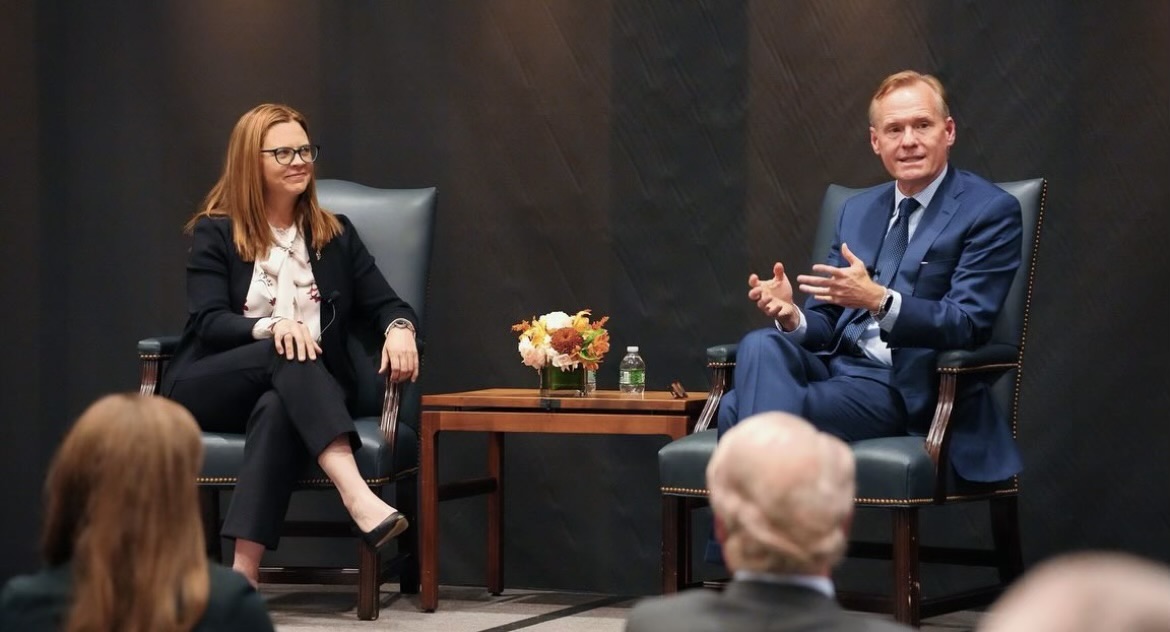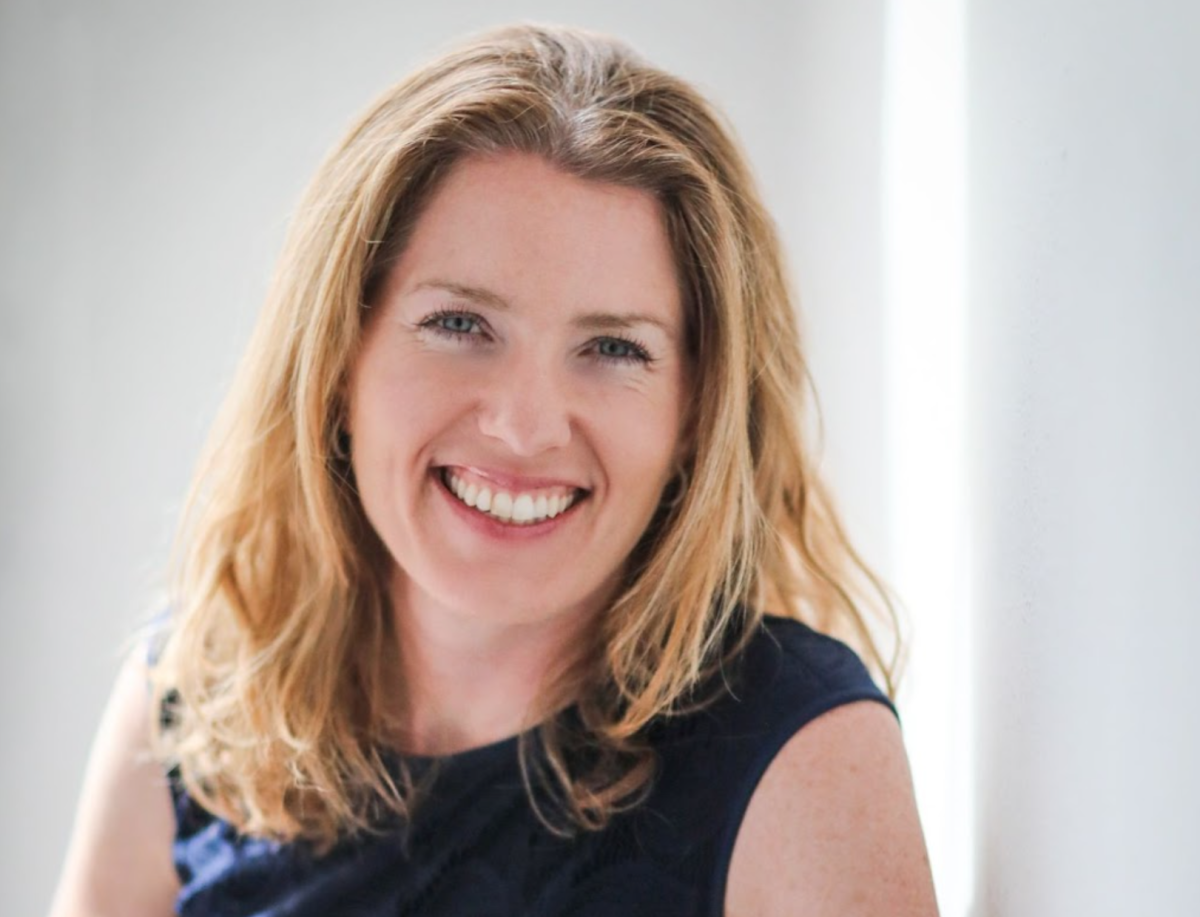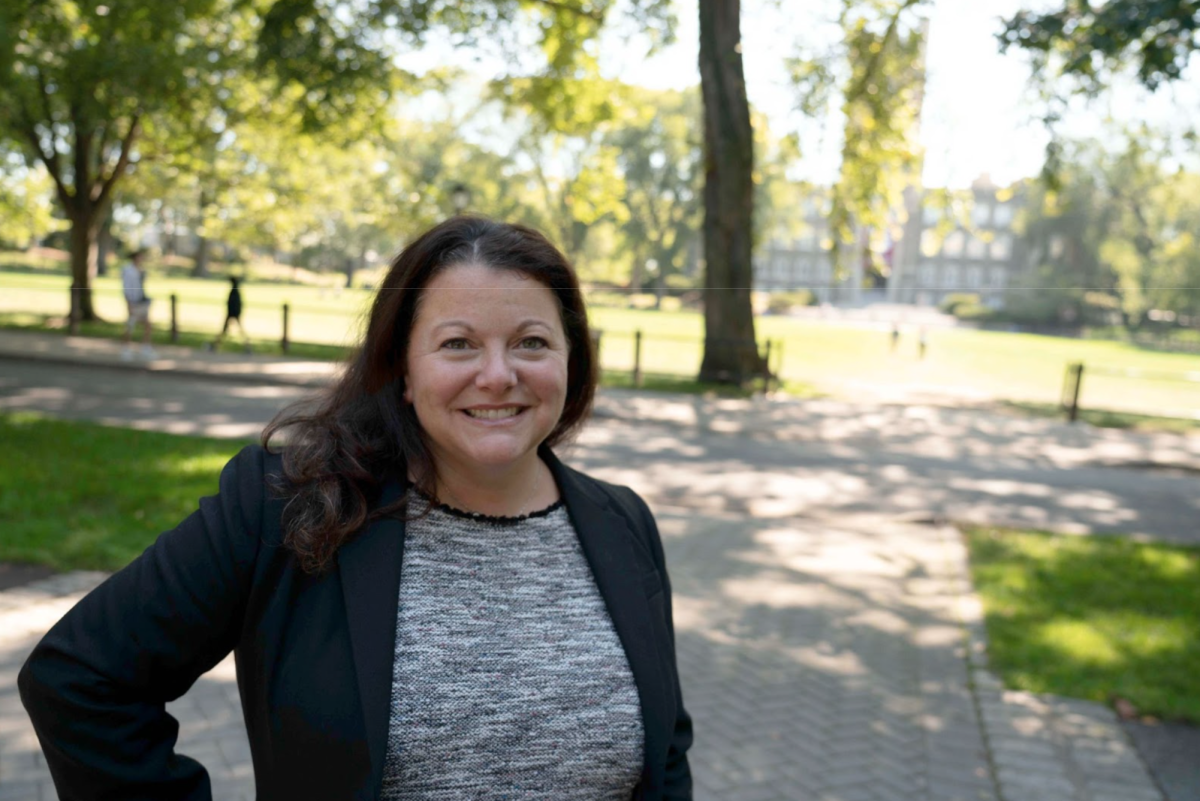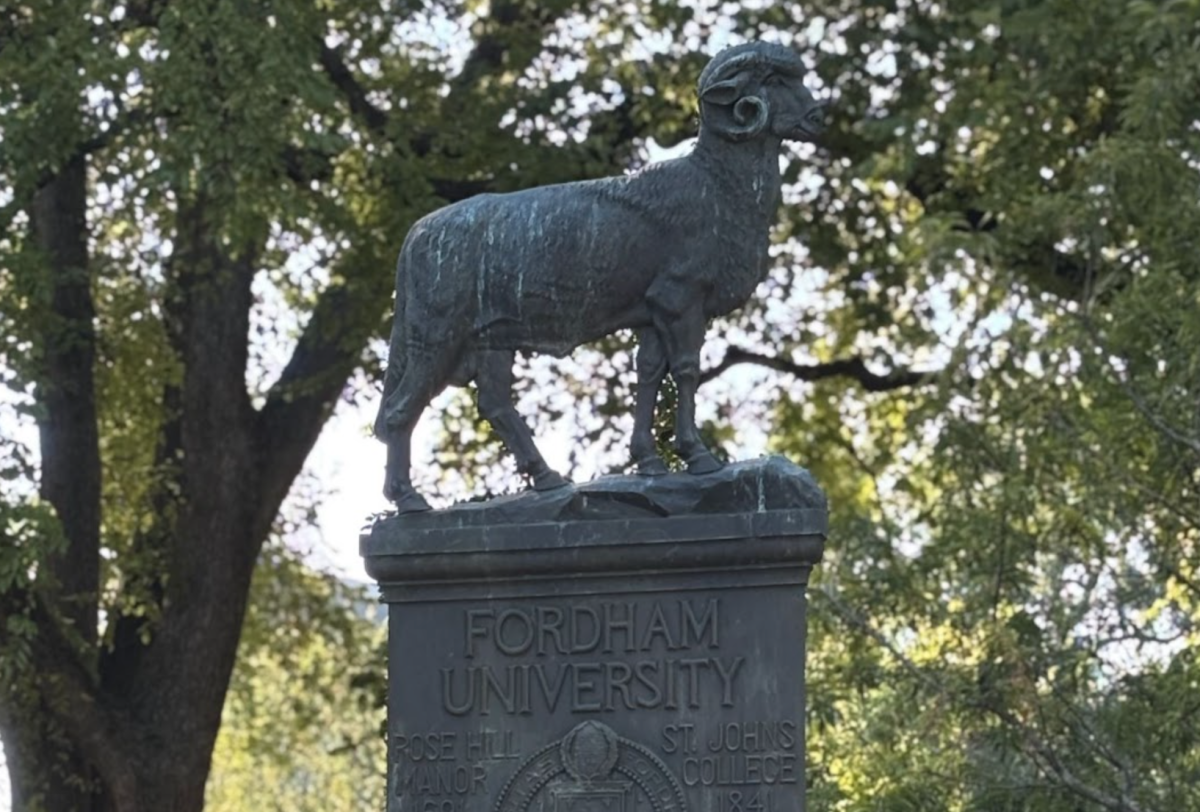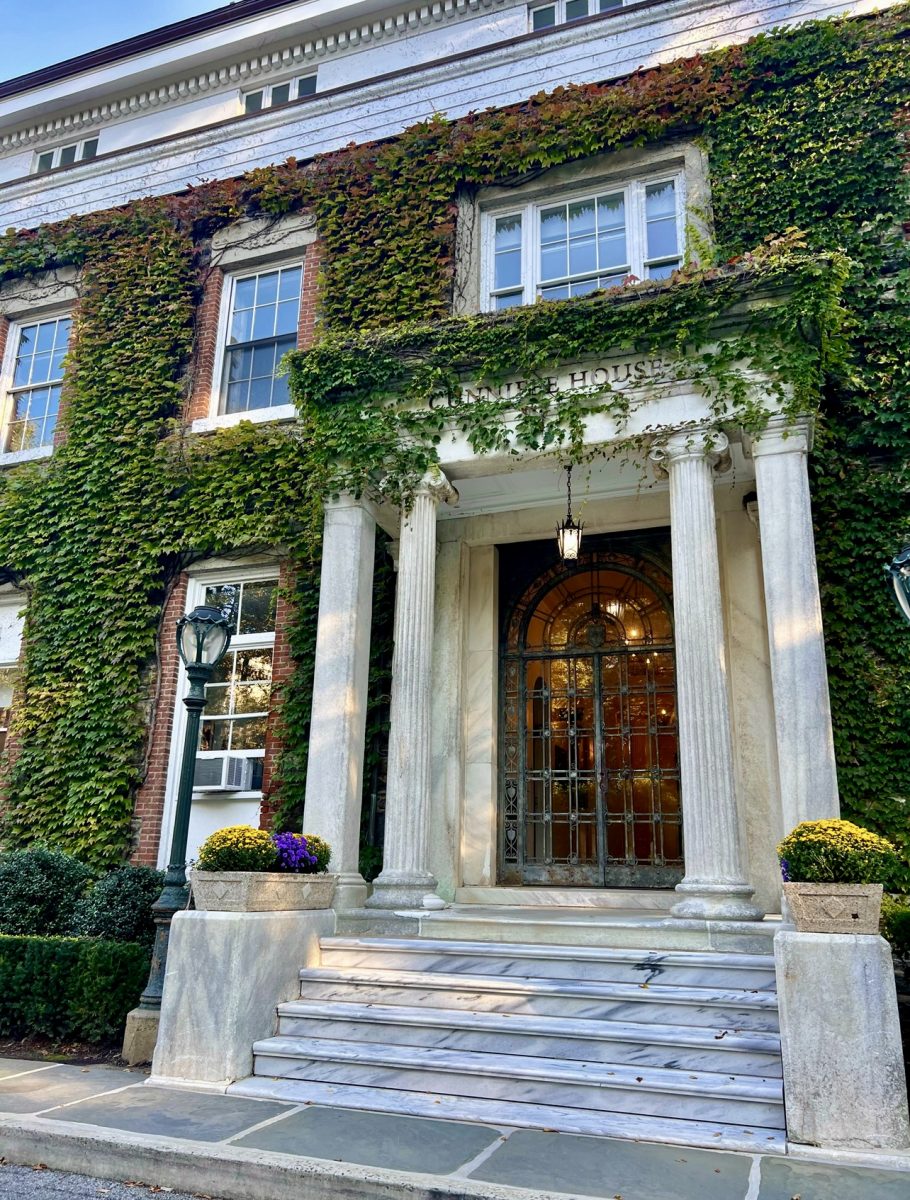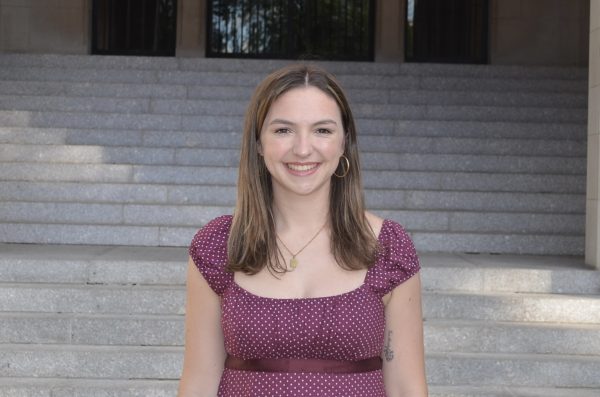In a time of immense political polarization and difficulties surrounding public discourse, Fordham University has implemented a new initiative to help promote respectful and productive dialogue on political and social issues. The FitzSimons Presidential Initiative on Civics and Civility is a yearlong project intended to create a socially literate public through campus events.
The project was created by President Tania Tetlow and Roger Milici, vice president for Development and University Relations. Funding, as well as the initiative’s name, came from Dennis FitzSimons, chairman of the Robert R. McCormick Foundation and retired chairman and CEO of the Tribune Company, as well as a previous Fordham Trustee. FitzSimons personally feels that this project will provide great benefits for the Fordham community.
“Given the extent of polarization in the U.S. right now, there are a lot of very significant disagreements, and having these disagreements fully exhibited is beneficial to the students for hearing both sides and the rationale behind both sides of the subject,” FitzSimons said.
This initiative intends to address issues with public discourse in America. Anthony Berry, FitzSimons Fellow in the office of the president, explained that with the rise of technology, information is more easily accessible. The project aims to promote respectful conversations between people who may have different political or social views.
“The FitzSimons Presidential Initiative on Civics and Civility was implemented to be proactive and forward-thinking about how we can strengthen a community of trust and promote civil discourse and civic engagement between key stakeholders on campus,” Berry said. “As a university, we also want to be proactive in addressing some of the fundamental questions of our time regarding democracy, including the decline we see in civic education and engagement across the nation.”
The main goal is to teach and inform Fordham students, faculty and alumni on how to have productive civil discourse and civic engagement. Berry said that he believes that Fordham specifically has a unique voice in the conversations surrounding civil discourse due to its Jesuit values, which include that of Cura Personalis or care for the whole person.
So far, the program has held one event on Sept. 24, a lecture and Q&A between Tetlow and John Dickerson, a CBS News senior correspondent. In the conversation, Dickerson discussed the importance of conversation despite varied viewpoints. It is unknown how many more events will be held this school year, but announcements will continue to be released ahead of future discussions, which will surround similar topics.
“My hope for this program is that students will be better educated regarding civics matters,” FitzSimons said.
According to Berry, assessing the effectiveness of the program is difficult as it’s hard to measure the productivity of civil discourse and dialogue. However, in an attempt to gauge how the program is benefiting the community, Berry will collect feedback from stakeholders and talk to the community in order to learn what the program is doing well and how it can adapt and improve.
At this time, the program only extends to Fordham students, faculty, administrators and alumni, but Berry explained that they hope to broaden their audience to the general public in the future. Additionally, according to Berry, they plan to collaborate with a “consortium of other universities” who hold the same goals with respect to civil discourse. An announcement about these collaborations will be made soon.
“For many of our larger, public-facing events that we’ll host throughout the year, we plan to invite various members and stakeholders from the community to participate. Additionally, both myself and President Tetlow will be writing opinion pieces and articles around topics related to civil discourse and civic engagement throughout the year,” Berry said.
FitzSimons believes that higher education has a vital role in combating disinformation and polarization. Specifically, he feels that it is the role of higher education to show multiple viewpoints and not cave to extremists on either side of the political spectrum. Berry also explained that higher education serves to educate students and equip them with tools that allow them to be critical thinkers.
“If higher education can stress to its students the importance of looking at both sides and listening to voices from both sides, it’s providing tremendous value to the students and encouraging free speech,” FitzSimons said.





































































































































































































